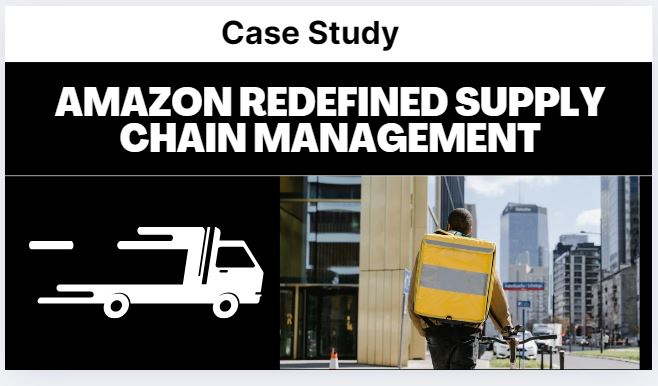Were you ever tongue-tied in the interview? Have you ever sweated profusely when HR has asked you questions that might not exactly reflect on your CV?
The HR interview round is nothing short of that dreaded annual visit to the dentist. HR rounds in the interview process can often be intimidating.
For some of these rounds feel as if HR is staring into your soul to find out about your life!
But, what we often forget to understand is the intention. Once we know the intent behind every interview question it won’t seem like an ordeal anymore.
Let’s take a look at a few common job interview questions and their purpose –
- Tell us something about yourself. – The interviewer wishes to know more about you, find out details not included on the resume, and understand the general nature of work done so far and the educational and family background. Using adjectives, in this case, to describe yourself, and your work experience and leave hints on why you are a good fit for the position.
- What are your strengths and weaknesses? – This question is to find out the behavioural characteristics, skills & experiences of the candidate. To gauge the compatibility of the candidate’s nature with the job. For example – Sale is a high-pressure job and hence having a calm & composed mind and being target-oriented are primary requirements.
- Why are you leaving your current job? / Why is there a gap in your resume? – In case you switch jobs, HR aims to find the gap between the candidate’s expectations and job profile or salary. In case there is a gap in the resume be honest about the reasons for leaving your previous job, dismissal, or any other reasons.
- What do you know about this company or its products/services? – The interviewer wishes to know if you have a research-oriented mindset and are interested in working for the company.
- What if questions – What if or situational questions are posed to gauge your logical reasoning capacity, knowledge, experience, and temperamental capacity to deal with a particular situation. This gives HR a deeper understanding of how the candidate would behave in a particular situation and assess whether you are a fit for the company.
- Future goals or Where do you see yourself in the next 5 years? – This is a tough question, as the intention behind it is to see the candidate’s commitment. The employer is looking for a long-term association. Another intent is to seek whether the company’s and candidate’s goals align and analyse the potential growth opportunities for both.
- What are your salary expectations? – This is a trick question because the company has set a salary bracket for the role. But stating your expectations backed by logic is often appreciated. You need to be objective about your salary expectations and should be able to justify your quoted figure.
The salary expectations can be based on your current or previously drawn salary, job description, experience, does the job require you to relocate, work timings, and a median market salary range for that position.
- Any questions for us? – The HR judges the enthusiasm of the candidate to understand more about the company, intention to work, inquisitiveness about the nature of work, etc. Making the best use of this opportunity gives the candidate an extra edge and creates a lasting impression.
Cracking an interview can be stressful but understanding the process and preparing for it helps ease the process.
This is why MIT School of Distance Education (MITSDE) has a dedicated placement cell that prepares the candidates for interviews, helps with resume building, and arranges seminars delivered by CEOs, CMOs, and directors of such companies to guide the learners with the hiring process.


